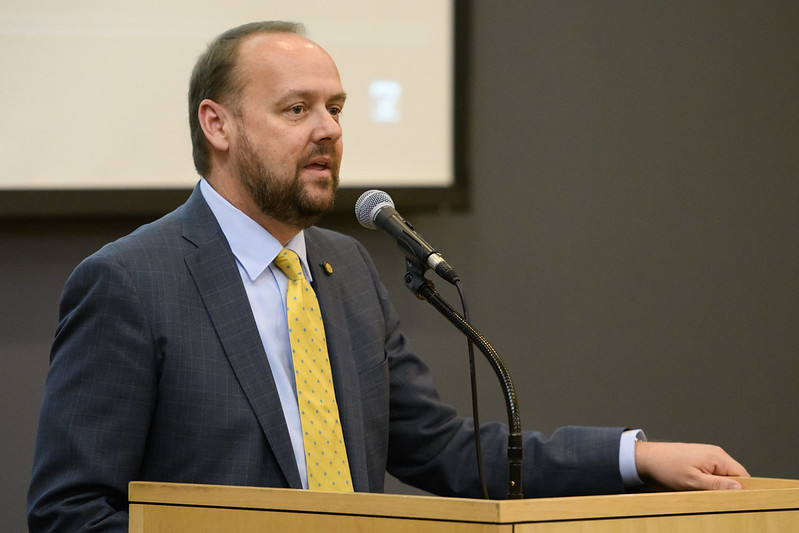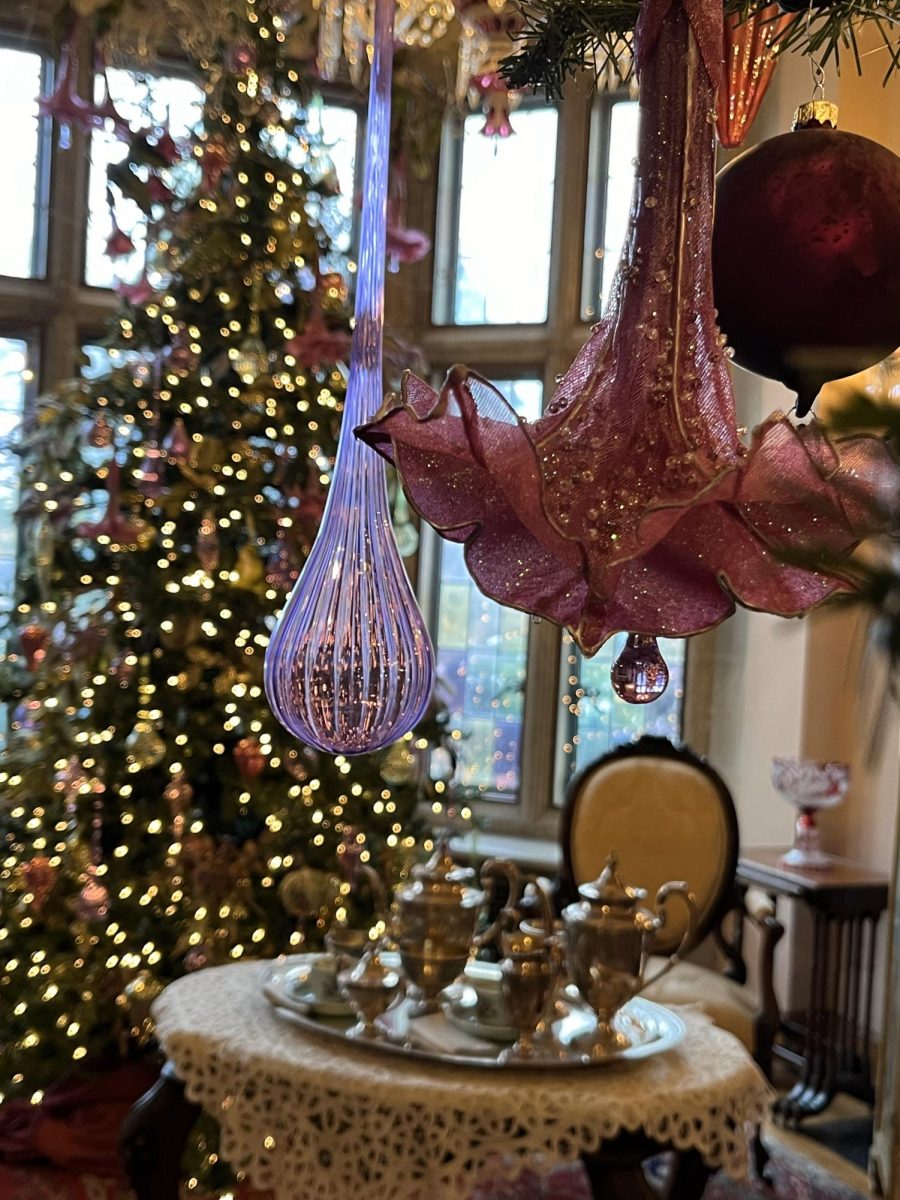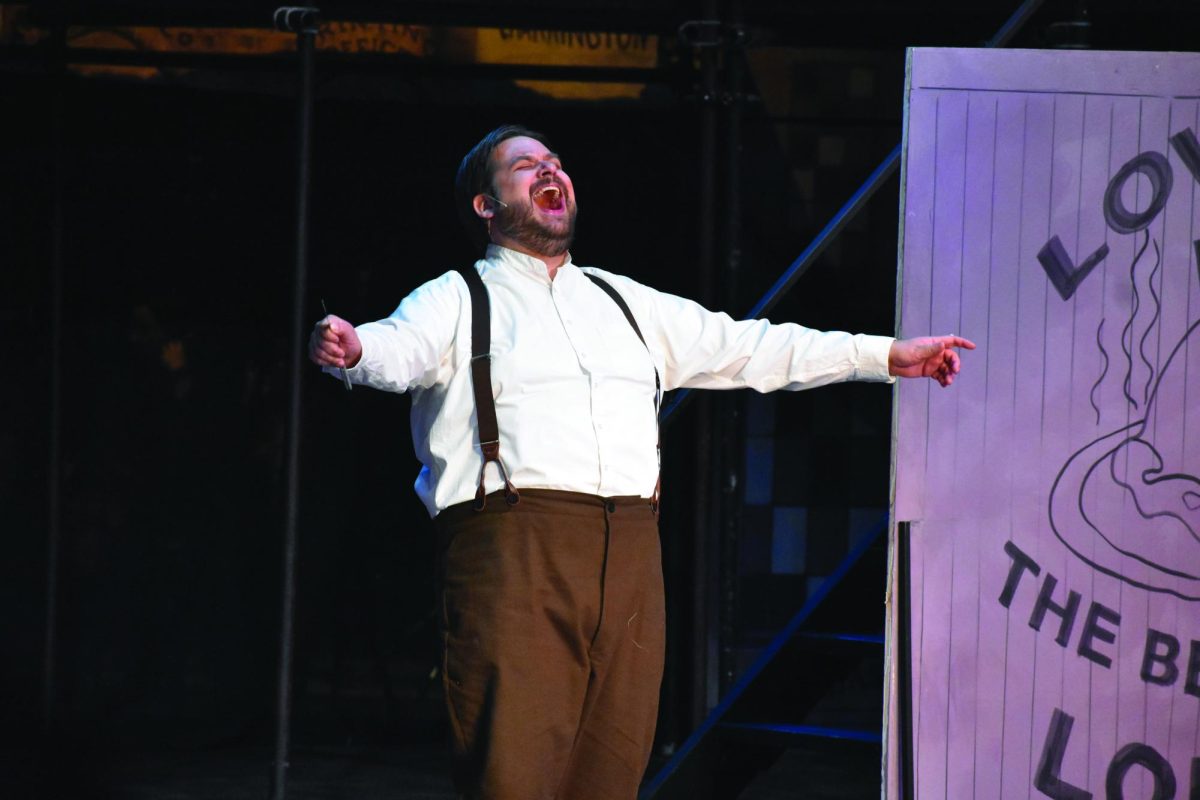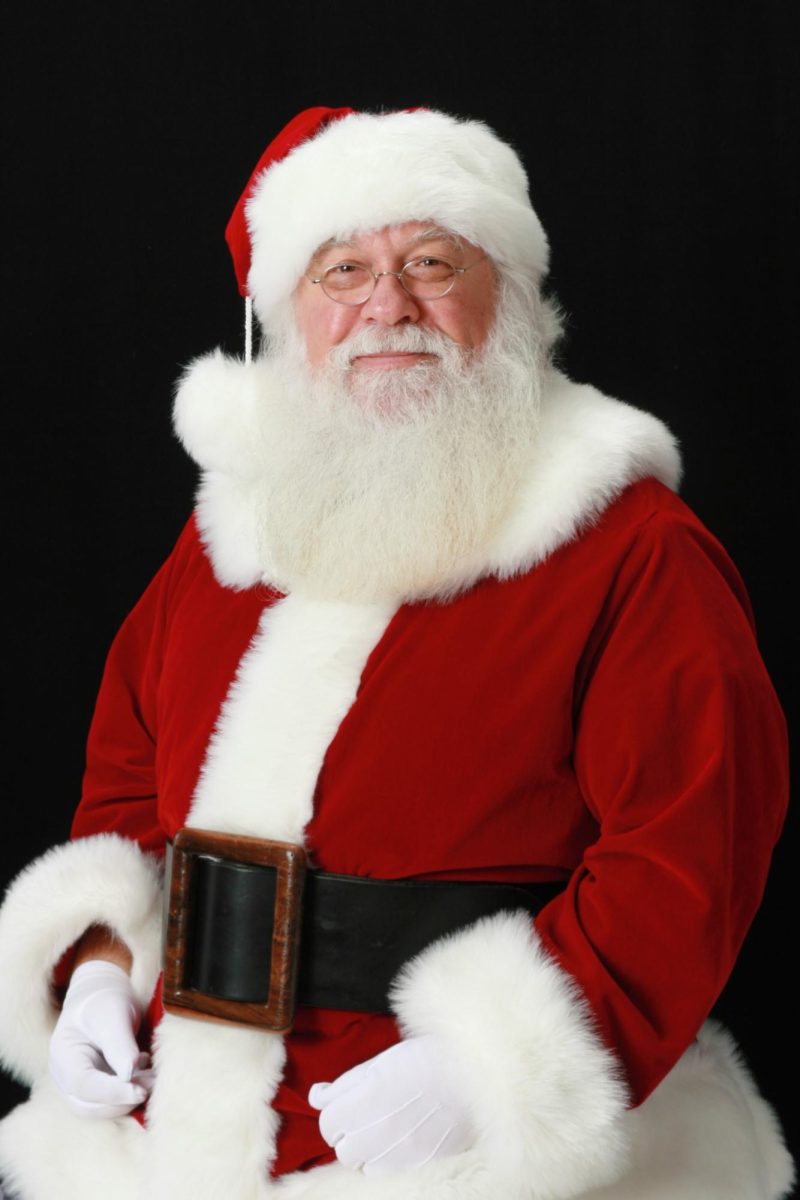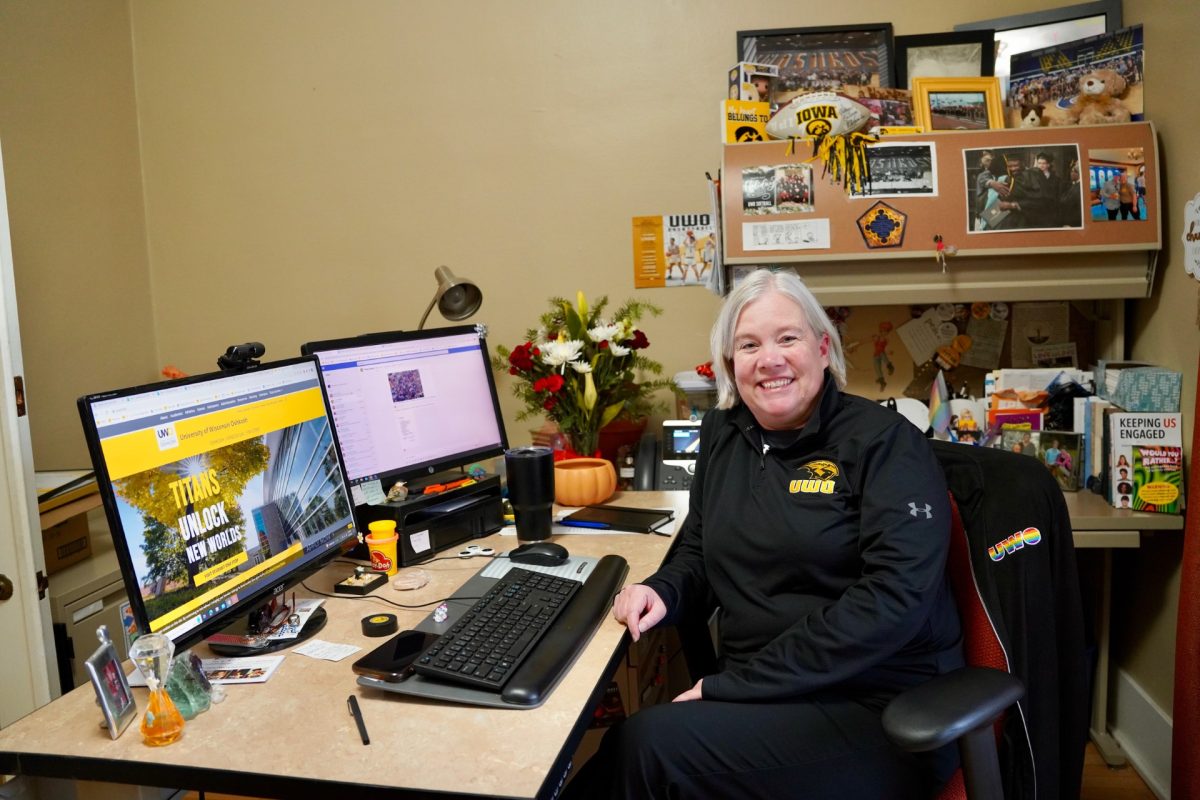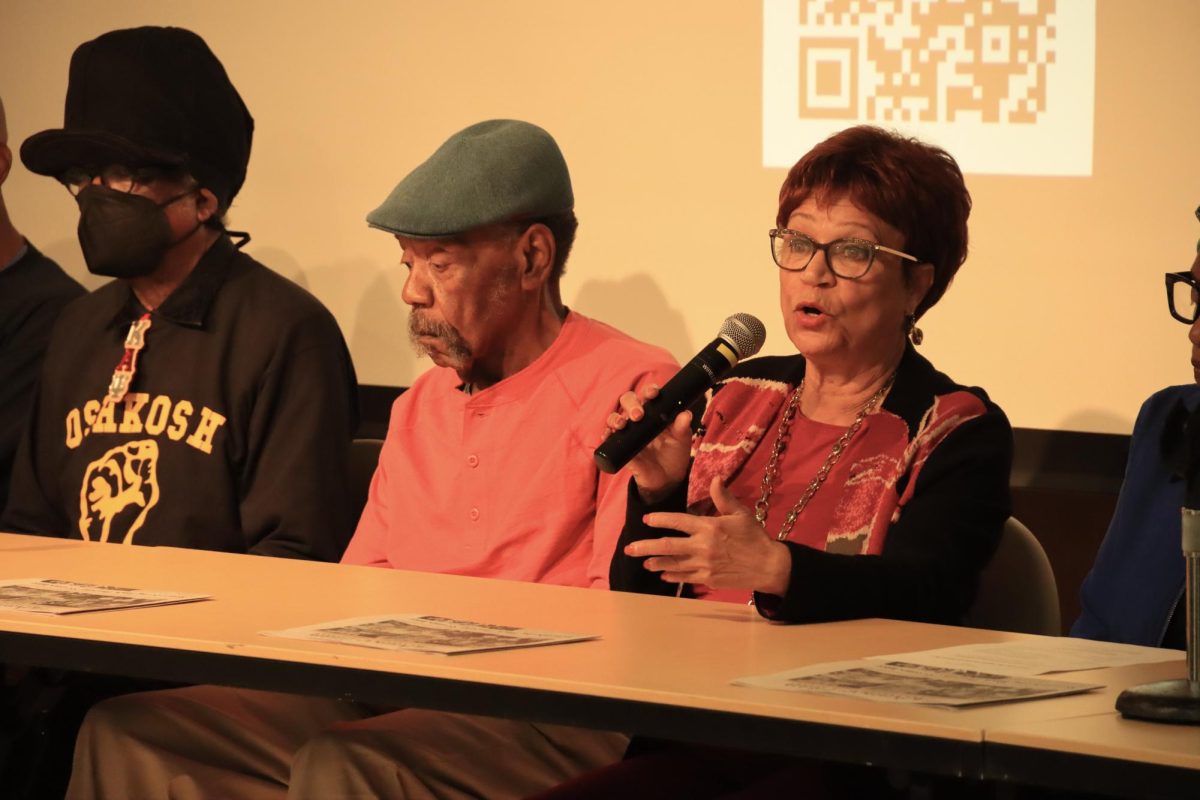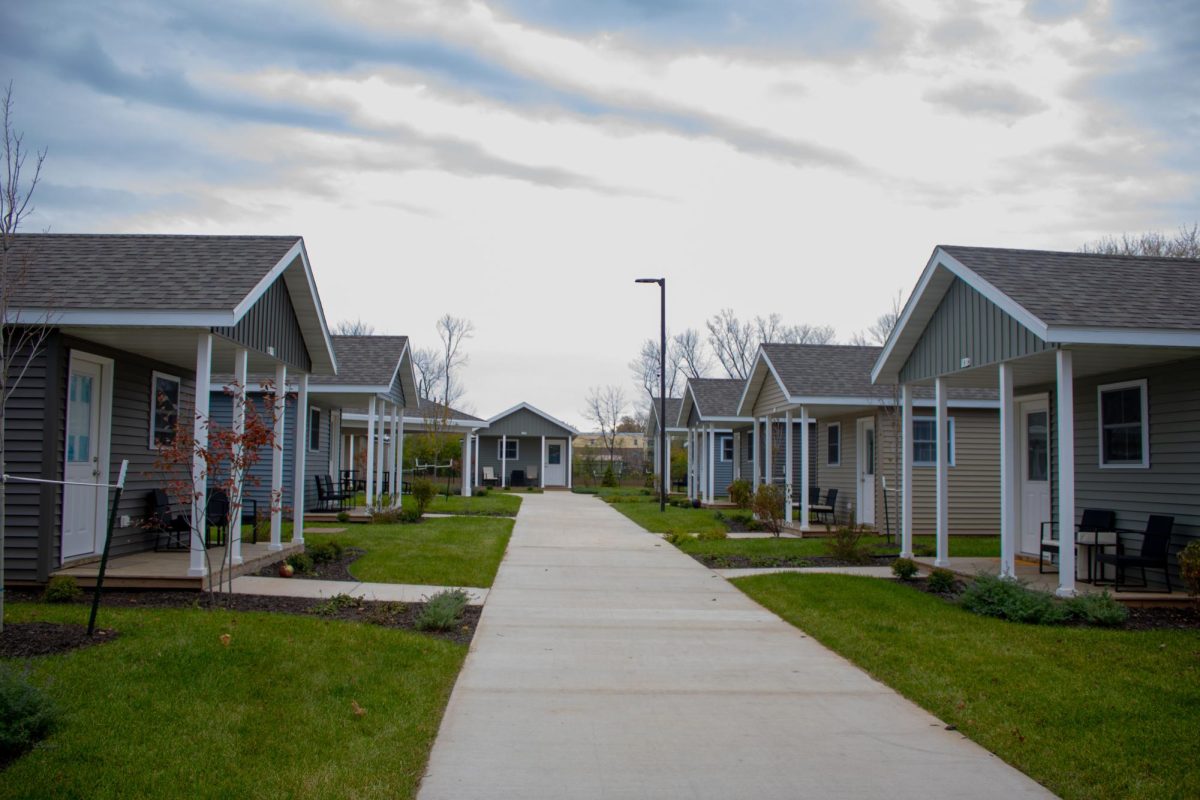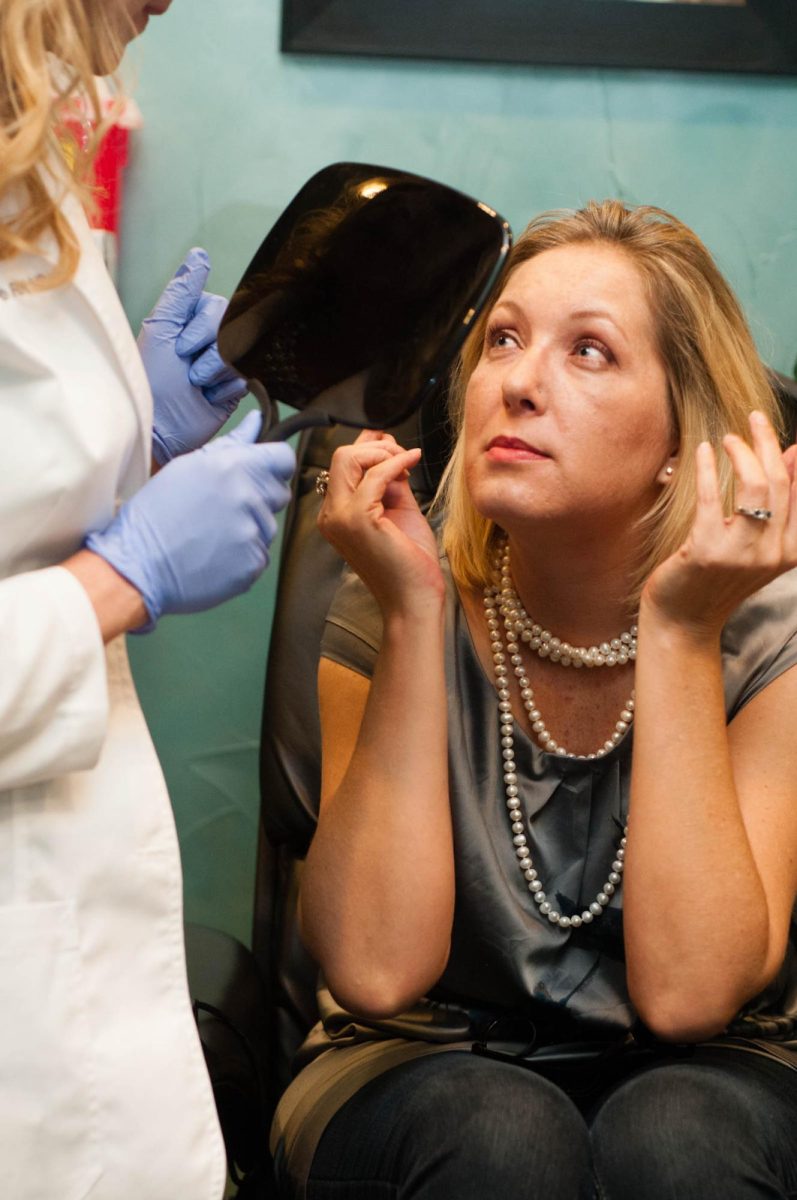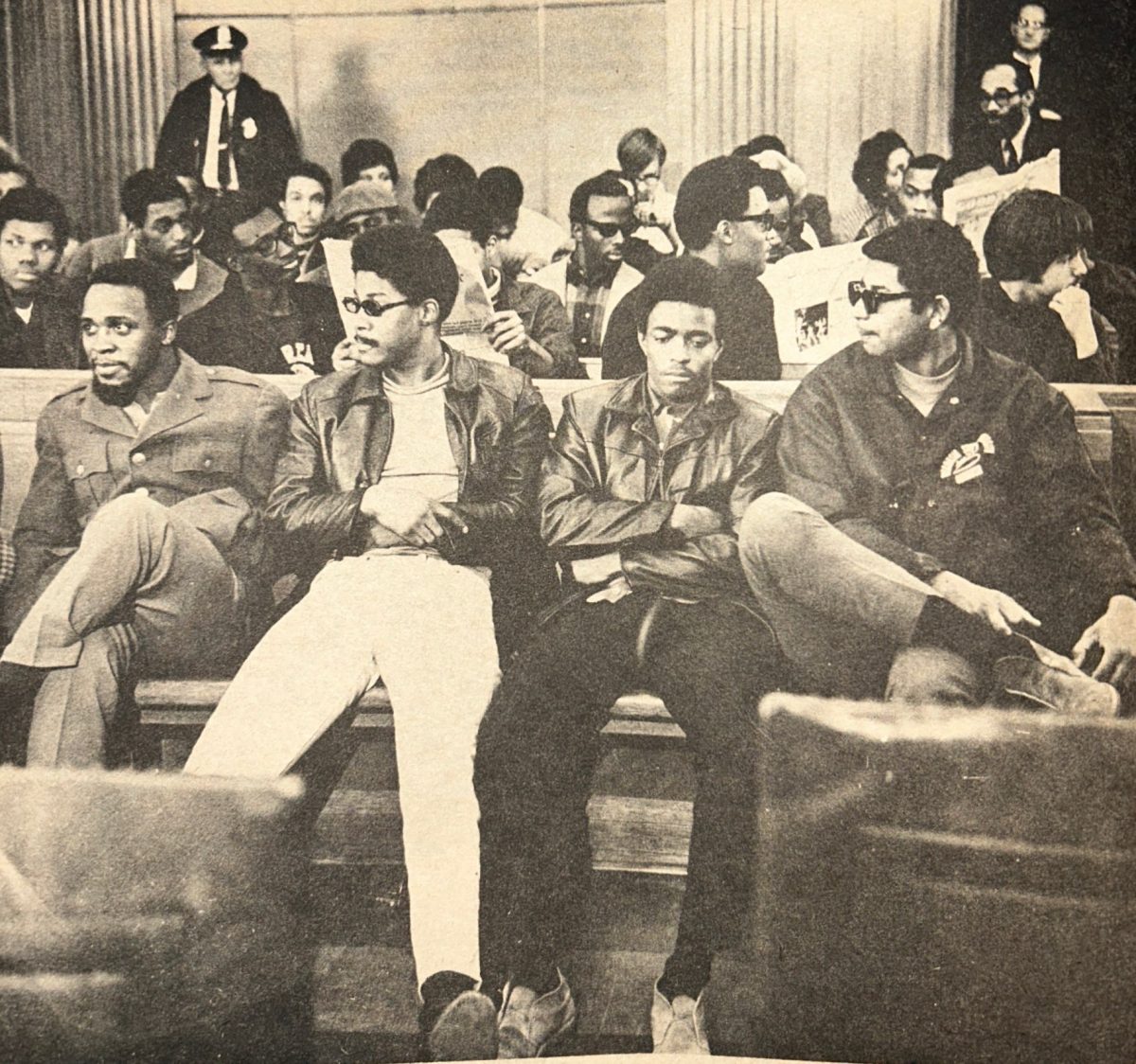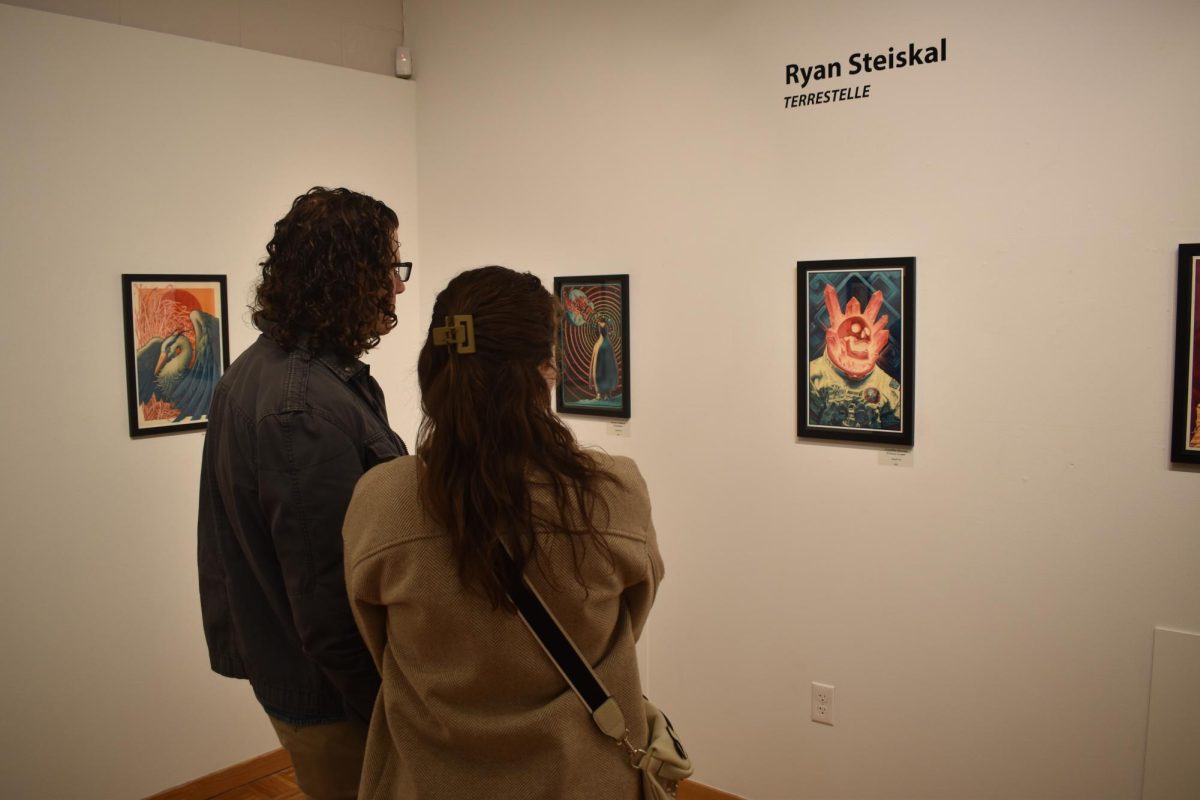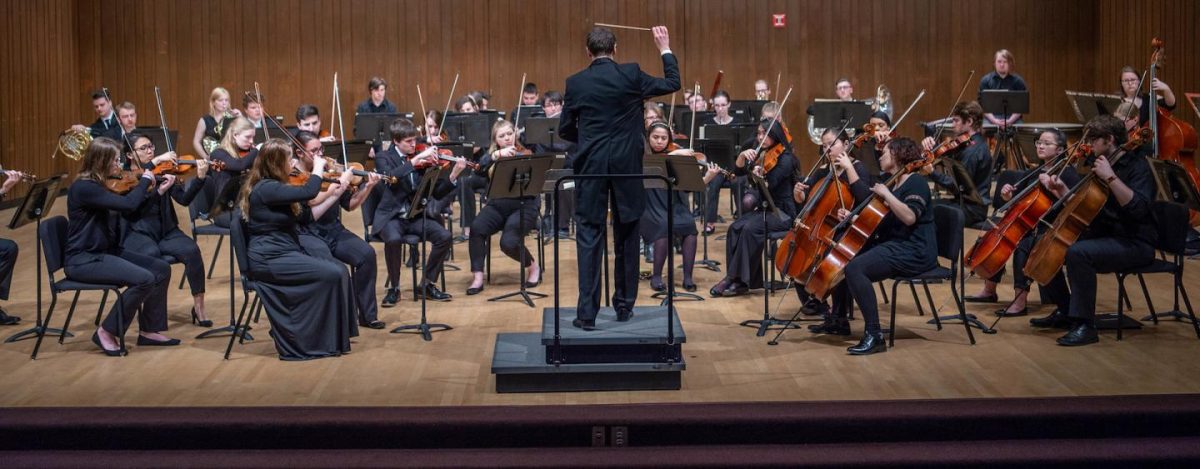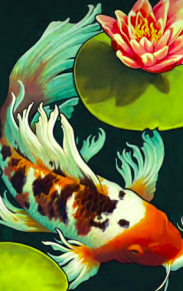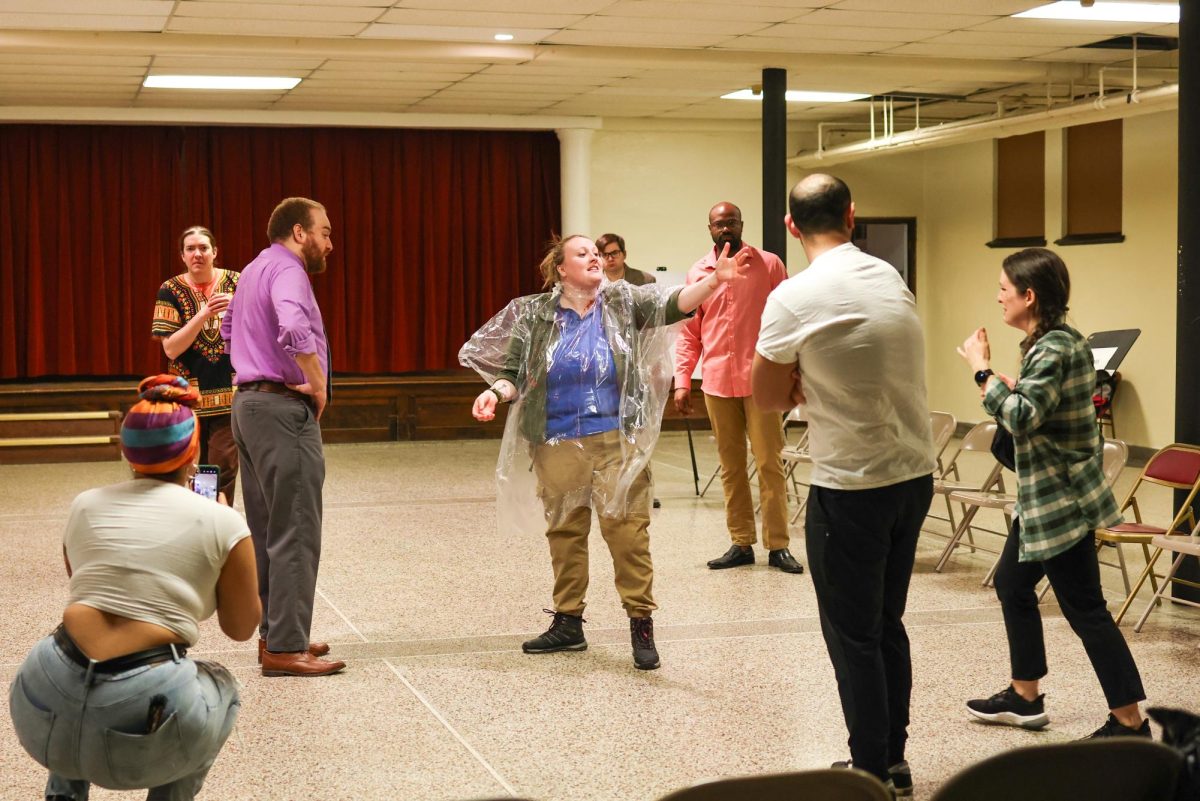Author, playwright, performance artist and gender theorist Kate Bornstein performed some of her favorite spoken-word pieces and relayed personal stories about gender identity as a part of TransAction week on April 2. This is my autobiographical signature piece, my most personal stories, my favorite comic and dramatic monologues, Bornstein wrote in a description of the event. An entertaining introduction to the notion of sex and gender beyond the binary – as well as a deeply moving affirmation of spirit for sex-and-gender outlaws. The room in Sage Hall was filled not just with UW Oshkosh students, but community members as well, to listen to Bornsteins stories which fit TransAction weeks theme of think before you gender. During the presentation, Bornstein discussed receiving the sex reassignment surgery to become female while still not identifying as either a male or female. Because Bornstein identifies as neither, ze prefers the non-gendered pronouns of zie, zir and zirs. Bornstein said thinking of sex and gender as a binary system leaves no room for anything else but man or woman, but zie has hope that future generations will be more understanding of gender as non-binary. More and more kids are coming to understand that genders more than a binary, Bornstein said. In fact, there was a survey done. The survey Bornstein referred to was Fusions Massive Millennial Poll. According to the article on the Fusion website, 1,000 United States citizens of all races aged 18 to 34 were surveyed on multiple topics, and 50 percent of the people responded that gender is a spectrum, not just man and woman. It filled me with a great deal of hope and wonder that this had actually happened, Bornstein said. So its not that big of a deal to a lot of people now. Bornstein said junior high is when most kids begin to learn about sex and gender. Pretending to be a teacher named Mr. Blunt, Bornstein gave attendees a lesson on pronouns and explained which were gendered and which were not. Sticking to the theme of education, Liz Cannon, director of the Lesbian, Gay, Bisexual, Transgender and Queer Resource Center, said she uses Bornsteins book Gender Outlaw: On Men, Women, and the Rest of Us when she teaches queer theory. It is so influential because it is one of the groundbreaking texts that theorizes gender from a social justice point-of-view and sees the societal problem as those policing a dual-gender system that conflates sex and gender and not as those challenging this system, Cannon said. Cannon said in 1973, UWO was the first college in the UW System to introduce a womens studies program, and the program helps students separate sex and gender and explore how each category was constructed. She said UWOs social justice program, also the first in the system, was introduced in 2001 and also teaches about gender and transgender discrimination. There are a lot of options for students who want to learn about gender, Cannon said. And more and more professors across campus are including not only curriculum on gender by exploring the binary genders of man and woman, but also curriculum on non-binary genders. Bornsteins last piece was a scene from a play based on hir coming out story to hir mother in which names were changed, but the story was word for word. Amney Harper, associate professor in the department of professional counseling, said this story impacted her the most because coming out is a process of whether or not parents will accept their childs identity. Oshkosh student Gerardo De La Teja said he thought the presentation was touching and insightful. De La Teja said he feels its important to raise awareness about the LGBTQ community and that students should try to see life through a different perspective. Its all about how you see the world – how you understand how others see the world, De La Teja said. If we can understand that through presentations like this, I think the world is going to be better. We dont have to like each other all the time, but at least we can respect each other. Harper said she felt Bornsteins presentation as a whole was moving. I think for me, Kates work is about really being critical of the concept of gender and sex, Harper said. I hope it challenges people to take a look within themselves and to make sense of that in some way that maybe they havent before. Bornstein said finding a support system is important. Thats more important than safety, Bornstein said. People that can say, Yay, you. Look at what youre doing. Hooray. Find those people. Bornstein also has a book called Hello, Cruel World: 101 Alternatives to Suicide for Teens, Freaks, and Other Outlaws, from which zie read. On suicide, no matter how you identify, Bornstein said, Do whatever it takes to make your life more worthwhile. Cannon said she sees TransAction week as a major part of the University Studies Program, and Bornstein continued the weeks education. While our USP program is dedicated to teaching diversity and creating sustainable societies that nurture the talents of all members, many of our faculty and academic staff are still learning about transgender lives, Cannon said. For more information on gender identity, visit the Womens Center or the LGBTQ Resource Center.
- April 5Physics/Astronomy is hosting solar eclipse viewing April 8 from 12:53-3:21 p.m., southwest of the Halsey Science Building. Solar eclipse glasses will be available.
- February 12Suspect in 700 block of Cherry Street is in custody; there is no immediate danger to campus, but police urge people to continue to avoid the area.

